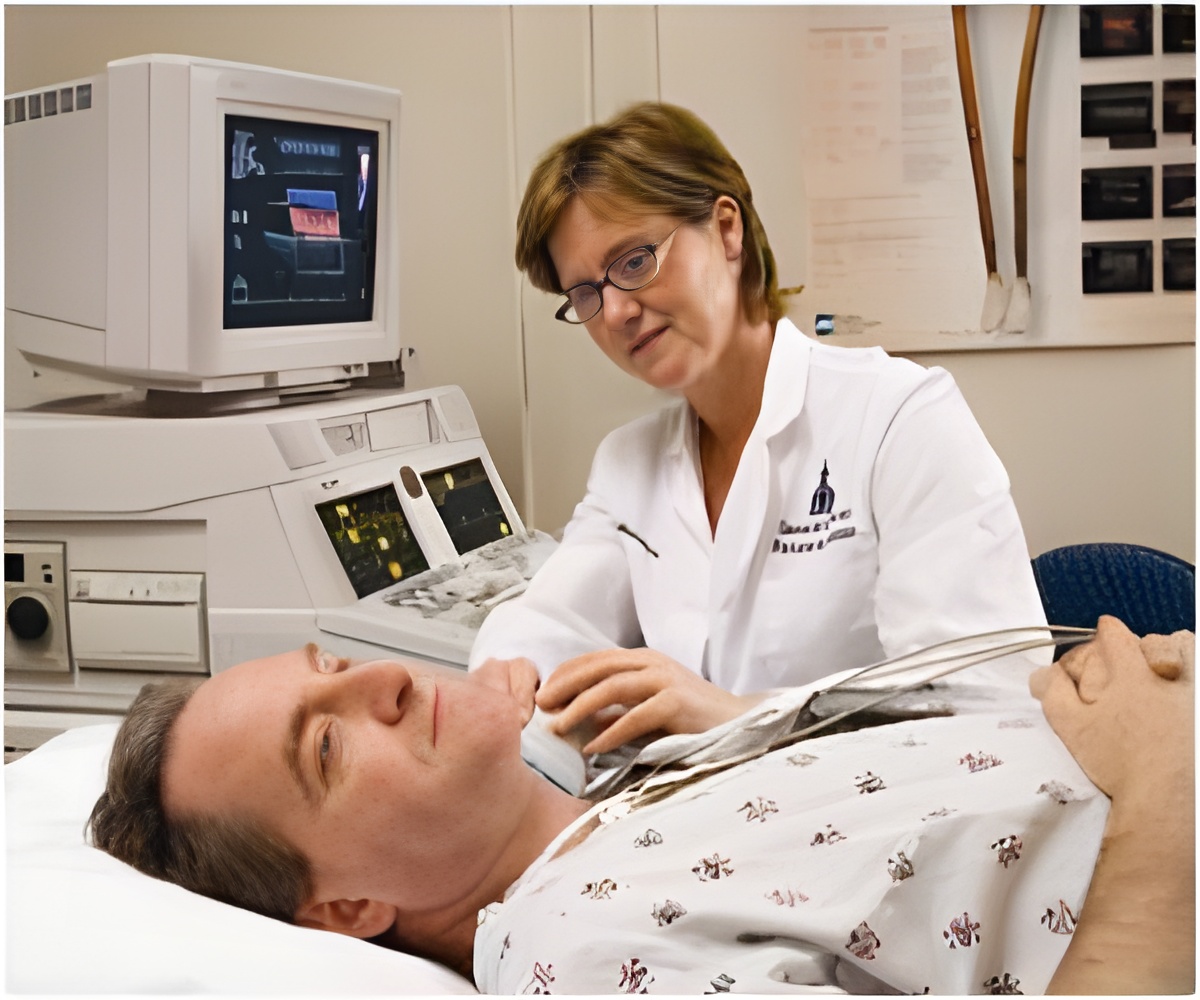Only around half of acute hospital trusts in England have a formal chaperone policy, despite the recommendations of a public inquiry, reveals research published online in Postgraduate

In 2004, the Ayling Inquiry recommended that acute hospitals put in place an explicit and adequately resourced and managed chaperone policy to help ward off potential sexual impropriety and subsequent litigation.
The Inquiry was sparked by the case of Clifford Ayling, a family doctor who was convicted on 13 counts of indecent assault on female patients between 1991 and 1998. He was subsequently sent to prison and struck off the medical register.
The researchers surveyed all the medical directors of acute hospital trusts in England in 2005 and again in 2007, to find out if they had implemented a chaperone policy by the end of those respective years.
The response rates were just under 60% in 2005 and almost 48% in 2007. They showed that the proportion of hospital trusts with a chaperone policy increased from just over 41% in December 2005 to over half (56.5%) by December 2007.
Only half (52%) of those without a chaperone policy in 2007 said they planned to put one in place. Only just over 17% had accredited training for chaperones in place, and 42% still had no designated management lead.
Advertisement
There are numerous opportunities for abuse of the doctor-patient relationship to occur, say the authors. These can be accidental or deliberate, alleged or hidden, but they all add up to immense distress for doctors, patients, and the families involved.
Advertisement
The restraints of the current financial climate in the NHS could undermine the impetus to implement a chaperone policy, say the authors, who warn: "However, in a climate of increasing legal cases and improving patient satisfaction, the cost effectiveness of this stance may be questioned."
They point out that 35 complaints directly attributable to a lack of adequate chaperoning were brought to the doctors' regulator, the GMC, between March 2006 and August 2009.
Source-Eurekalert








